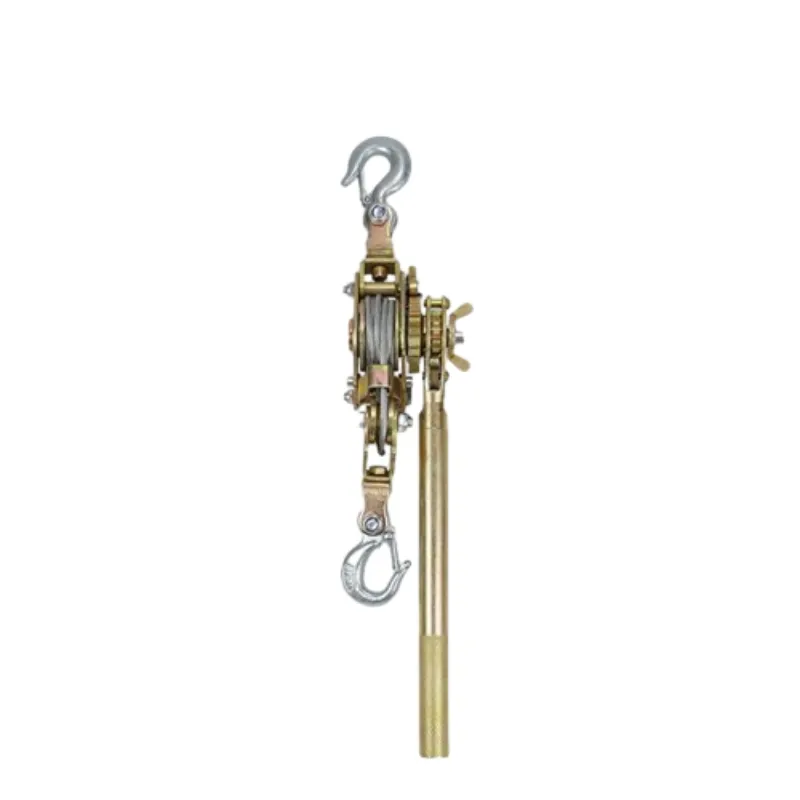
-
 Afrikaans
Afrikaans -
 Albanian
Albanian -
 Amharic
Amharic -
 Arabic
Arabic -
 Armenian
Armenian -
 Azerbaijani
Azerbaijani -
 Basque
Basque -
 Belarusian
Belarusian -
 Bengali
Bengali -
 Bosnian
Bosnian -
 Bulgarian
Bulgarian -
 Catalan
Catalan -
 Cebuano
Cebuano -
 Corsican
Corsican -
 Croatian
Croatian -
 Czech
Czech -
 Danish
Danish -
 Dutch
Dutch -
 English
English -
 Esperanto
Esperanto -
 Estonian
Estonian -
 Finnish
Finnish -
 French
French -
 Frisian
Frisian -
 Galician
Galician -
 Georgian
Georgian -
 German
German -
 Greek
Greek -
 Gujarati
Gujarati -
 Haitian Creole
Haitian Creole -
 hausa
hausa -
 hawaiian
hawaiian -
 Hebrew
Hebrew -
 Hindi
Hindi -
 Miao
Miao -
 Hungarian
Hungarian -
 Icelandic
Icelandic -
 igbo
igbo -
 Indonesian
Indonesian -
 irish
irish -
 Italian
Italian -
 Japanese
Japanese -
 Javanese
Javanese -
 Kannada
Kannada -
 kazakh
kazakh -
 Khmer
Khmer -
 Rwandese
Rwandese -
 Korean
Korean -
 Kurdish
Kurdish -
 Kyrgyz
Kyrgyz -
 Lao
Lao -
 Latin
Latin -
 Latvian
Latvian -
 Lithuanian
Lithuanian -
 Luxembourgish
Luxembourgish -
 Macedonian
Macedonian -
 Malgashi
Malgashi -
 Malay
Malay -
 Malayalam
Malayalam -
 Maltese
Maltese -
 Maori
Maori -
 Marathi
Marathi -
 Mongolian
Mongolian -
 Myanmar
Myanmar -
 Nepali
Nepali -
 Norwegian
Norwegian -
 Norwegian
Norwegian -
 Occitan
Occitan -
 Pashto
Pashto -
 Persian
Persian -
 Polish
Polish -
 Portuguese
Portuguese -
 Punjabi
Punjabi -
 Romanian
Romanian -
 Russian
Russian -
 Samoan
Samoan -
 Scottish Gaelic
Scottish Gaelic -
 Serbian
Serbian -
 Sesotho
Sesotho -
 Shona
Shona -
 Sindhi
Sindhi -
 Sinhala
Sinhala -
 Slovak
Slovak -
 Slovenian
Slovenian -
 Somali
Somali -
 Spanish
Spanish -
 Sundanese
Sundanese -
 Swahili
Swahili -
 Swedish
Swedish -
 Tagalog
Tagalog -
 Tajik
Tajik -
 Tamil
Tamil -
 Tatar
Tatar -
 Telugu
Telugu -
 Thai
Thai -
 Turkish
Turkish -
 Turkmen
Turkmen -
 Ukrainian
Ukrainian -
 Urdu
Urdu -
 Uighur
Uighur -
 Uzbek
Uzbek -
 Vietnamese
Vietnamese -
 Welsh
Welsh -
 Bantu
Bantu -
 Yiddish
Yiddish -
 Yoruba
Yoruba -
 Zulu
Zulu


ต.ค. . 09, 2024 16:27 Back to list
Cable Support Solutions for Winches and Heavy-Duty Lifting Applications
Understanding Cable Clamps for Winches A Guide
When it comes to winching operations, whether for off-road vehicles, construction, or marine applications, the importance of cable clamps cannot be overstated. These small yet essential components play a critical role in securing the winch cable, ensuring safety, and enhancing the overall efficiency of towing and pulling tasks.
What is a Cable Clamp?
A cable clamp is a device used to secure a cable or wire rope to prevent it from slipping or fraying. In the context of winches, cable clamps are primarily used to attach the cable to the winch drum effectively. They ensure that the cable remains firmly in place during operation, preventing any unwinding or unexpected release which could result in hazardous situations.
Types of Cable Clamps
There are several types of cable clamps used in winching applications, including
1. U-Bolt Clamps These are versatile clamps that consist of a U-shaped bolt, a saddle, and two nuts. U-bolt clamps provide a strong grip on the cable and are widely used due to their simplicity and effectiveness.
2. Double Loop Clamps Ideal for securing larger cables, these clamps have two loops that provide additional holding power. They are particularly useful in heavy-duty winching applications where maximum strength is essential.
3. Wire Rope Clamps Specifically designed for wire ropes, these clamps ensure that the wire is securely fastened without damaging its structure. They are perfect for applications where wire ropes are subjected to high tension.
cable clamp for winch

4. Compression Clamps These clamps, often used in marine winches, compression clamps securely hold the cable in place by compressing it against a surface. They are effective for saltwater environments where corrosion resistance is necessary.
Choosing the Right Cable Clamp
Selecting the right cable clamp for your winch is crucial for safety and performance. Here are some factors to consider
- Cable Size and Material Ensure that the clamp is compatible with the diameter and type of cable you are using. Different materials (steel, synthetic fibers) may require specific clamps for optimal performance.
- Load Rating Always check the load rating of the clamp to ensure it can handle the maximum force exerted on the winch cable. Underestimating this can lead to equipment failure and accidents.
- Environmental Conditions If your winch will be exposed to harsh environments, such as saltwater or extreme temperatures, choose clamps made from corrosion-resistant materials like stainless steel.
- Ease of Installation Look for clamps that are easy to install and require minimal tools. This can save you time and effort, especially during emergency situations.
Conclusion
Cable clamps are an essential component of any winching operation. They ensure the secure attachment of cables, safeguarding both the equipment and the operator. By understanding the types of clamps available, the criteria for selecting the right one, and their maintenance, you can significantly enhance the safety and efficiency of your winching operations. Investing in high-quality cable clamps not only protects your equipment but also contributes to successful outcomes in your towing and lifting tasks. Always prioritize safety and choose wisely to ensure your winching operations run smoothly.
Latest news
What Are Construction Tools and How Are They Used?
NewsJul.11,2025
Professional-Grade Duct Rodding Tools for Superior Cable Installation
NewsJul.11,2025
Enhancing Safety and Efficiency with Modern Hot Stick Solutions
NewsJul.11,2025
Empowering Cable Installation with Advanced Rodder Solutions
NewsJul.11,2025
Elevate Your Cable Installation Projects with Cable Pulling Tools
NewsJul.11,2025
Efficient Cable Handling Solutions: Cable Rollers for Sale
NewsJul.11,2025











